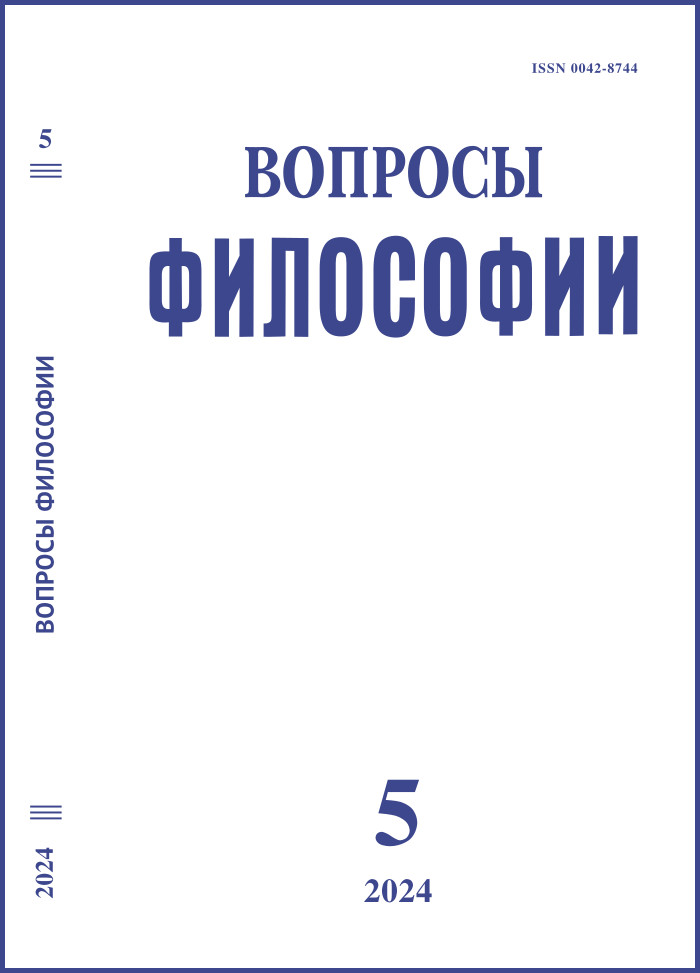Challenges in Constructing Scientific Metaphysics: A Case Study of the Everettian Interpretation of Quantum Mechanics
DOI:
https://doi.org/10.21146/0042-8744-2024-5-134-139Keywords:
ontology of theory, naturalized metaphysics, many-worlds interpretation of quantum theory, Everett, philosophy of science, metaphilosophy.Abstract
The article continues the debate about whether classical “pure” metaphysics can explain scientific theories or science can generate its own metaphysical concepts. Two camps have emerged in modern analytic philosophy. The “metaphysician” camp defends the metaphysics of science by arguing that the fundamental concepts of classical metaphysics can be enriched, illustrated, or justified by examples from scientific theories. The “philosophers of science” camp views this as yet another invasion of metaphysics into their scientific territory. They advocate a scientific or naturalized metaphysics that strictly corresponds to modern scientific theories. Since the concept of possible worlds is a key element of mainstream analytic metaphysics, proponents of the metaphysics of science find it natural to appeal to the many-worlds interpretation of quantum theory. In turn, proponents of naturalized metaphysics often use popular metaphysical systems to justify the many-worlds interpretation of quantum mechanics. I will argue that the interpretation originally proposed by H. Everett remains only one of the ontologies of quantum theory, and attempts by philosophers of science to build a metaphysical construct on its basis encounter serious difficulties.

